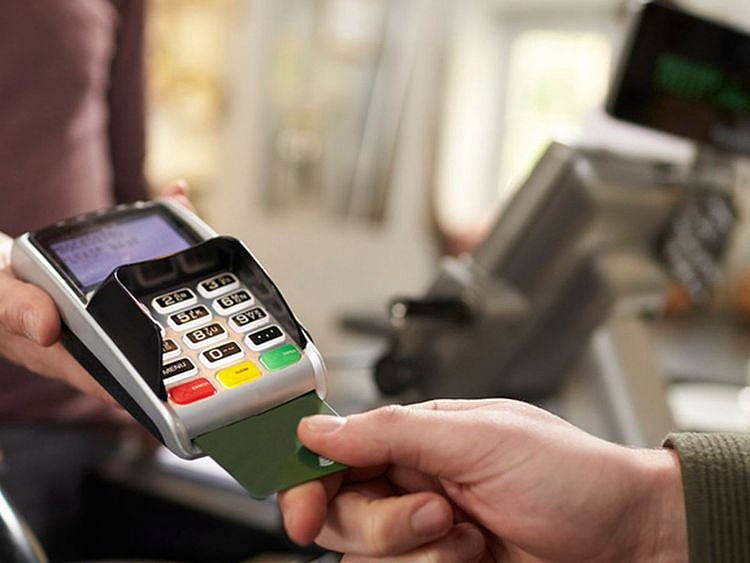Care about your credit score? Get strategic with card limits; experts explain how
Want to build your credit score? Knowing and managing your credit card limits can help

Also In This Package
Personal loan or credit card: Which is more beneficial?
UAE: Safer ways to use your cards when shopping online
UAE: Wise to shift credit card balance to a new card?
UAE: 5 tips to maximise the use of credit card rewards
UAE: Credit card rates you may not have heard of yet
Credit card: Is paying minimum amount costing you more?
If you have credit cards in your wallet, you might track your balances to keep your budget in check, but knowing each card's credit limit off the top of your head is another story.
However, actively managing how much of your credit limits you are using – also known as your credit utilisation ratio – can make a big impact on your credit score.
Your credit score is a mix of many factors, including your credit usage. If you want to build your credit score, focusing on using less of your credit limits is a cost-effective way to do it. People with excellent credit tend to have low credit utilisation ratios.
According to credit experts, utilisation is one of the more actionable ways to improve your credit to the extent you have the ability to pay down your credit card debt, then your ratios are going to go down.
Even if you can't reduce your balances, a few other strategies can help reduce credit utilisation.
What is a credit limit and who determines it?
Your credit limit is the maximum amount you've been approved to spend by a creditor, based on factors like your payment history, income and credit score. A credit limit is not set in stone and is likely to change over the life of the account: Your card issuer can increase or decrease your limit without warning, and you can also ask for a credit limit increase (more on that later).
The way you use your credit limits can help your credit score: experts
Make sure you know your credit limits. Try checking your latest bill or banking app to find the limit for each card. With your limits in mind, you can focus on keeping your balances low.
Ideally, you want to use no more than 30 per cent of the credit limit on any card. The lower that credit utilization ratio, the less risky you seem as a potential borrower.
People with the highest scores tend to use less than 10 per cent of their limits. You can calculate your credit utilisation ratio by dividing your balance by your credit limit. Multiply that number by 100 to get a percentage.
Keeping tabs on your credit usage is as simple as setting an alert once you've reached a certain spending threshold. Most cards will let you do that. Many personal finance websites and apps also have a dashboard that shows your utilisation.
Other strategies can help you keep credit utilisation low. Pay an amount before you get your statement because utilisation is calculated from what the balance is at the end of the billing cycle. If you pay it beforehand you now actually reduce that utilisation.
Credit experts also suggest two additional ways to keep your usage low: Start by trying to reduce your credit card balances if you're carrying debt from month to month.
You can also ask to increase your credit limit, which not only offers you more flexibility to make bigger purchases but also helps lower your credit utilisation ratio.
If you can do both at the same time – lower balances and more credit limits – then again, you have lowered your ratio, experts add.
This works only if you can keep your balance low and resist any temptation to increase your spending. Also note that applying for a higher limit can temporarily ding your credit score.
How the current crisis helped boost credit scores
For a real-life example of how credit utilisation and credit score are connected, look no further than the COVID-19 pandemic. Recent data from credit scoring companies shows that in 2020, many took advantage of reduced spending to pay off their consumer debt.
According to global statistics, average credit card balances decreased by about 11 per cent, and the average credit score rose 8 points between April 2020 and April 2021.
Doing something simple – like using extra cash to pay off existing credit card balances or making several payments throughout the billing cycle – can improve your credit, even during trying financial times.
Sign up for the Daily Briefing
Get the latest news and updates straight to your inbox
Network Links
GN StoreDownload our app
© Al Nisr Publishing LLC 2026. All rights reserved.